Oregano is familiar to everyone and is present in most kitchens both as a spice and as a herb for tea. This widely used and seemingly simple herbal spice is of interest not only from the point of view of cooking, but also from the point of view of medicine.
What benefits this plant brings to our body and whether there is possible harm from its use, we will find out in this article.
Why is oregano useful?
The main benefit of oregano is due to the rich composition of this plant. Its leaves, stems and flowers include:
- beta carotene;
- B group vitamins (B2, B6, B9);
- vitamins E, K, PP, C, A;
- potassium, magnesium, calcium;
- iodine, sodium, iron;
- folic acid, rosmarinic acid;
- carvacrol;
- tannins;
- antioxidants;
- essential oils.
Nutritional value of oregano per 100 g
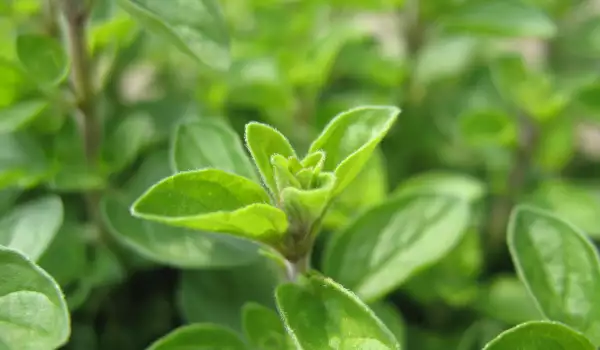
- carbohydrates - up to 85%;
- fat - 5.2%;
- proteins - 10.9%.
The total amount of calories is 265 kcal.
The plant contains water, dietary fiber.
Oregano is considered a real find not only in culinary achievements, but also in medicine. This plant contains natural ingredients that have a positive effect on the human body.
For example, carvacrol is a natural antibiotic. This substance actively acts on the bacterial (pathogenic) flora and prevents its spread. Also, due to the high content of vitamin C (up to 12%), the plant has a pronounced anti-inflammatory effect.
Tannins, the ratio of which is up to 15.8%, support the healing of wounds, burns and have a hemostatic effect in case of bleeding. Other components that make up the plant contribute to the formation of a stable positive effect in the treatment and prevention of diseases.
The most important beneficial properties of oregano
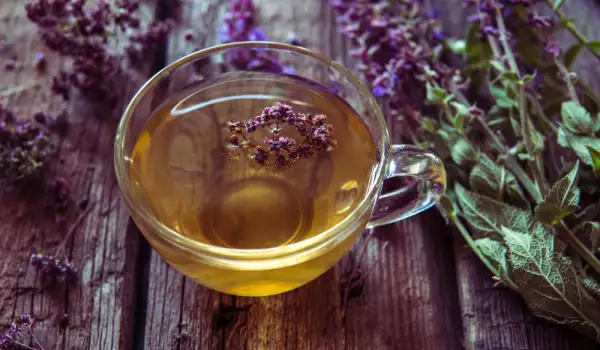
- liquefies and gently removes sputum;
- promotes the removal of excess fluids from the body, removes swelling;
- has a carminative effect, eliminates colic pains and flatulence;
- soothes the mucous membrane of the stomach, removes nausea;
- has a beneficial effect on the intestines;
- normalizes high blood pressure;
- improves metabolic processes in the body;
- improves the condition of colds;
- has a positive effect on the endocrine system;
- increases potency in men and strengthens female libido;
- has a lactagon effect in nursing mothers;
- reduces the risk of development and progression of cardiovascular diseases.
Oregano is healthy for children! Contains beta-carotene and vitamin A - substances useful for development and growth. Well, since children are the first at risk during the period of active spread of flu and other viral infections, this spice is essential for them to protect the growing organism from viruses and make it stronger and more resistant. Of course, oregano is only given to grown children (from three years old and up). Herbal preparations should be given to very young children in strict agreement with the pediatrician.
Contraindications and possible harm from oregano
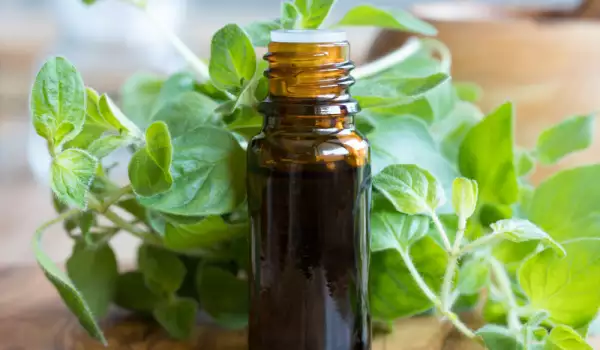
Oregano is a wonderful herb that saturates our body with useful substances. However, in case of individual intolerance to it or due to health problems, this spice may be prohibited for use.
Here is a general list of contraindications:
- allergy to this and other similar products (spices, herbs);
- hypotension;
- gastric ulcer or gastritis during an exacerbation;
- heart disorders (arrhythmia, etc.);
- some vascular problems;
- pregnancy;
- children up to three years of age.
In any chronic or acute condition, consultation with a specialist is necessary regarding the permissibility of using oregano for culinary or medicinal purposes.
And here's how to make the perfect oregano tea.
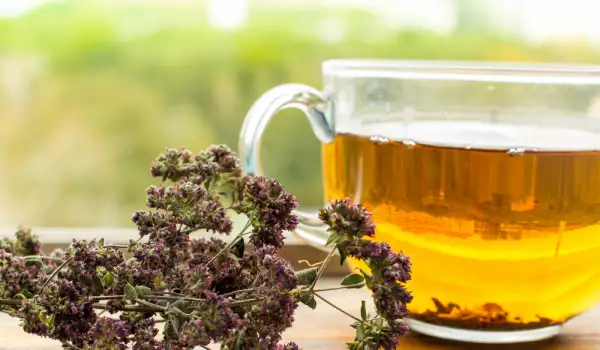
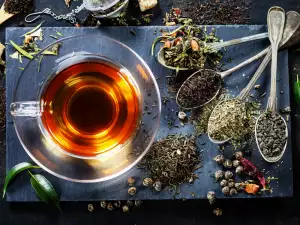
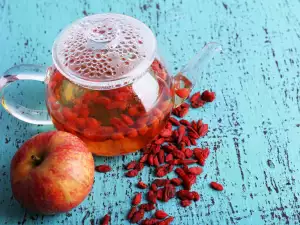

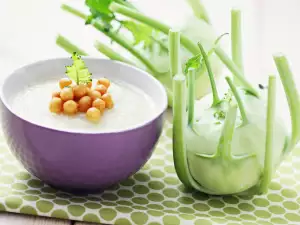


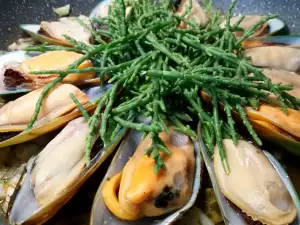
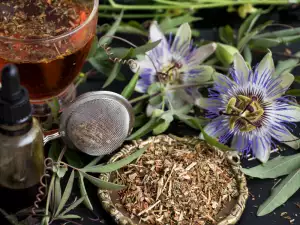
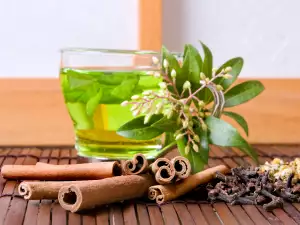
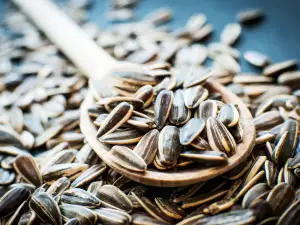
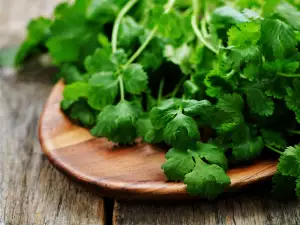
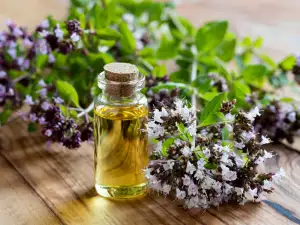

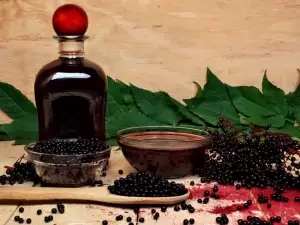
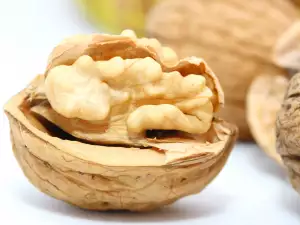




Comments